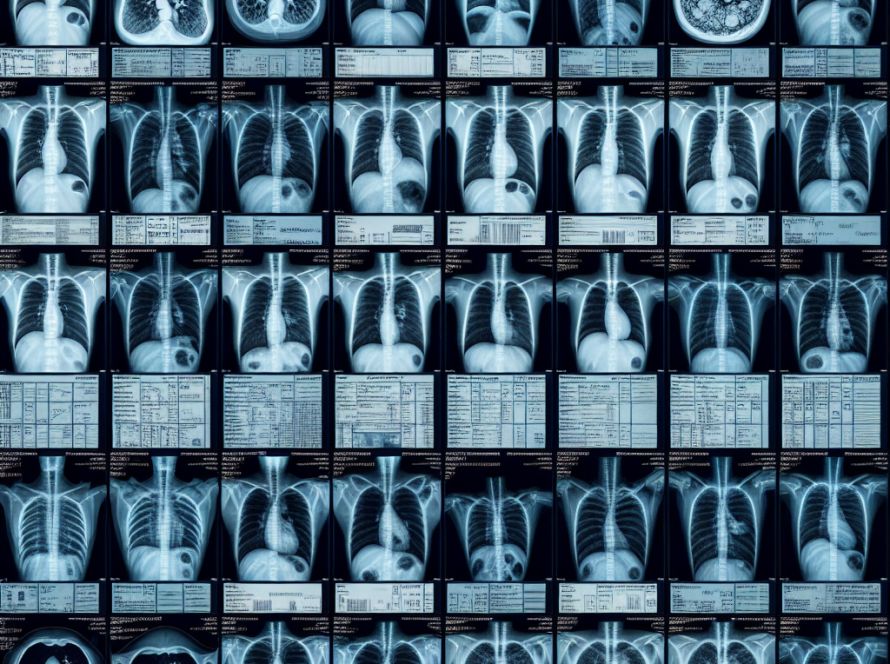Veoneer, a global leader in automotive electronic safety systems, collaborated with Amazon to develop an active learning pipeline for in-cabin sensing. Collaborating with Amazon’s Worldwide Specialist Organization and the Generative AI Innovation Centre, they were able to cut costs by 90% and speed up the annotation process from weeks to hours.
In-cabin sensing uses cameras, radar, AI and machine learning to enhance vehicle safety and the driving experience. Factoring in various elements such as the development of sensors and the highlighting of large volumes of images for training and testing purposes, the process can take an incredible amount of time and resources. But, AWS’s ability to facilitate the fast and cost-effective development of such systems has now been showcased in their partnership with Veoneer.
Integration of machine learning models with human expertise lies at the heart of AWS’s active learning pipeline, which forms part of their broader ML approach. This approach is enhanced by an iterative process, where the most informative data are selected and annotated to train a model.
The labelling, training, and deployment of models form the core of this streamlined pipeline. Once a small set of data is manually labelled, a model is trained and used in the labelling pipeline, which results in data being categorised based on the confidence score. This processed data is coupled with human labelling and the resultant modified data is used by the training pipeline, facilitating retraining that improves the performance of the model.
The AWS Cloud Development Kit has been used to create multiple useful assets, including two roles for CodePipeline and SageMaker jobs and three S3 buckets for artifacts, job manifest and, datasets and models.
Furthermore, human labelling is used post-training stage to rectify errors in new real-world data. A function was also devised to identify errors and engage human labellers for correction. These corrected images are then added to the training data set for retraining, thereby improving model accuracy.
In addition to cost-cutting and speed, AWS’s solution has an advantage of reusability, which can be applied to other systems such as Advanced Driver Assistance Systems (ADAS). The solutions offer reusability, significant cost reductions, and flexibility while optimising data storage, annotation, training and deployment. By using AWS’s services and ML, automotive companies can increase their agility and cost-effectiveness.


